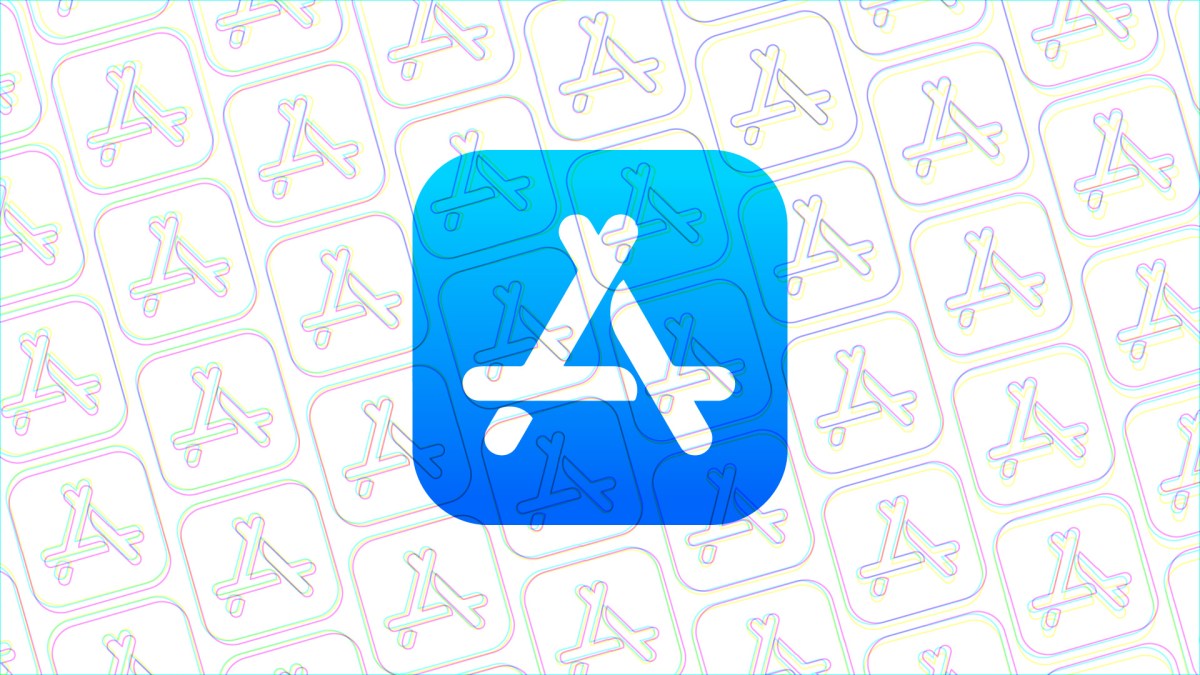Under the new terms, developers in the EU will benefit from a reduced commission of either 17% for digital transactions and services or 10% for those who qualify for a small business discount. However, a 3% additional fee applies if the company uses Apple’s payment processing service.
Additionally, Apple is implementing a Core Technology Fee to pay for access to its proprietary technologies and tools, developer services and support, and platform integrity. This fee applies to apps distributed on the App Store and through alternative marketplaces.
Developers and users will also gain more options, such as the ability to choose a default web browser and tap into NFC payment technology for their own apps.
Further details and caveats to these rules have been outlined by Apple, including limitations on marketplace app developers, distribution restrictions, payment processing fees, install verification mechanisms, notarization processes, and more.
- Marketplace app developers seeking to compete with the App Store must meet specific requirements and obtain a letter of credit from a financial institution.
- App marketplace apps can only be distributed from developer websites, not the App Store.
- Individual apps cannot be distributed from a website and must choose either App Store distribution or alternative distribution through a third-party marketplace.
- Apps distributed through alternative marketplaces or the App Store get their first million installs for free per calendar year, but marketplace apps have to pay the Core Technology Fee for each install.
- The Core Technology fee is waived for nonprofits, government agencies, and educational institutions.
- The Core Technology fee is not waived for free apps, open source apps, or freemium apps.
- Apple will prevent “install bombing” and offer users more controls to manage app installations.
- Users will have new settings and controls to manage the new ways apps are installed.
- Regardless of distribution, apps will be “notarized” and scanned for security threats.
- Notarization does not include the quality standards for app store review or allow Apple to reject apps based on their content.
- If Apple detects an app from a third-party app store contains malware after it’s installed, it will prevent it from launching.
- Notarization will allow Apple to show users more details about an app before they install it.
- Apple is heading off attempts by developers to create alternative game stores by offering the ability for game stores that stream titles to exist on its App Store.
- Developers have to submit a single binary for their app
- Developers can’t offer alternative payment processors alongside Apple’s own in-app payments.
- Users will be prompted to choose a default browser app when they open Safari for the first time on their device after updating to iOS 17.4
- Browser app developers will be able to choose alternative engines other than Safari’s WebKit in the EU.
- Browser app developers will be required to adhere to industry standard privacy and security practices.
- Developers will be able to offer NFC payments within their apps without using Apple Pay.
- The changes won’t become available to Apple users in the EU until March.
- 50 new reports in App Store Connect will include metrics around engagement, commerce, app usage, and frameworks usage.
- Developers will be allowed to share their app store with alternative app marketplace developers and third parties.
- Developers can choose between the existing terms available today (eg commission structure) or the new terms.


